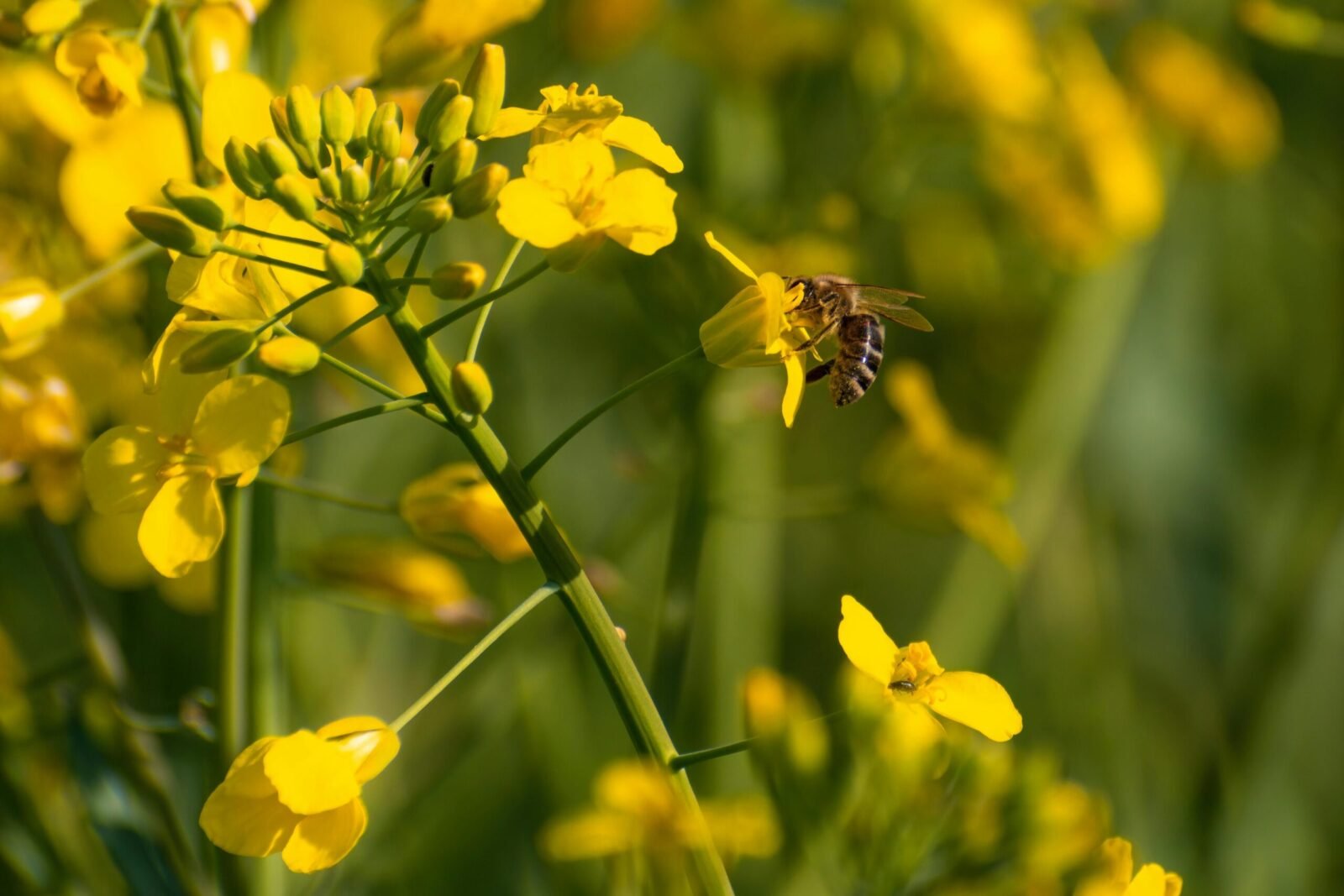In today’s fast-paced world, processed foods have become a staple in many diets due to their convenience and affordability. However, this convenience often comes with hidden costs to health. Processed foods are loaded with artificial additives, preservatives, unhealthy sugars, and sometimes even contaminants like microplastics. Over time, these substances can take a significant toll on the body. In contrast, natural alternatives like honey offer a wholesome and healthful solution, free from synthetic ingredients and rich in benefits.
It can act as a collagen booster, by speeding up the production of collagen and elastin, keeping skin plump and firm. Brightening, it helps to fade dark spots and brighten overall skin tone. Its antioxidant properties can help your skin’s natural regeneration process in repairing damaged skin cells.
The Hidden Dangers of Processed Foods
Processed foods are engineered for taste, shelf life, and visual appeal, but their health implications are alarming. Artificial additives, such as synthetic colors, preservatives, and flavors, are common ingredients in these products. Research has linked some of these additives to behavioral issues, particularly in children. For example, food dyes like Red 3 are associated with hyperactivity and learning difficulties. Moreover, certain preservatives and flavor enhancers can trigger allergies and inflammation, disrupting the body’s natural balance.
Another concern is the use of refined sugars in processed foods. Refined sugars are a major contributor to obesity, type 2 diabetes, and cardiovascular diseases. Unlike natural sugars found in whole foods, refined sugars cause rapid spikes and drops in blood sugar levels, leading to fatigue and irritability. Over time, excessive sugar intake can contribute to insulin resistance, a precursor to diabetes.
Microplastics in Processed Foods
An emerging issue with processed foods is the presence of microplastics. Recent studies have revealed that tiny plastic particles have been detected in packaged foods and even in the human body. These particles enter our systems through food and beverages packaged in plastic. The potential health risks include oxidative stress, hormonal imbalances, and even DNA damage. This alarming discovery underscores the need to minimize processed food consumption and seek safer, more natural alternatives.

Honey: Nature’s Perfect Alternative
Honey, often referred to as nature’s golden elixir, is a remarkable alternative to refined sugars and artificial additives. Unlike processed sweeteners, honey is a natural product, rich in nutrients and bioactive compounds. It provides sweetness without the harmful effects associated with refined sugars, making it an ideal replacement in beverages, baked goods, and even savory dishes.
One of the most notable benefits of honey is its antioxidant content. Packed with flavonoids and phenolic acids, honey helps combat oxidative stress and inflammation. These antioxidants play a crucial role in protecting the body against chronic diseases, including heart disease and certain cancers. Additionally, honey’s natural composition includes trace amounts of vitamins and minerals, enhancing its nutritional profile.
Honey’s Healing and Protective Properties
Beyond its nutritional benefits, honey is renowned for its antibacterial and antimicrobial properties. These qualities make honey an effective natural remedy for wound healing and sore throats. Studies have shown that honey can speed up the recovery process by creating a protective barrier and preventing infections.
Honey also supports digestive health by acting as a prebiotic. Prebiotics nourish beneficial gut bacteria, which play a vital role in digestion, immunity, and overall well-being. A healthy gut microbiome can reduce inflammation, enhance nutrient absorption, and support mental health, making honey a valuable addition to a balanced diet.
Replacing Additives with Honey
Honey is not just a sweetener; it’s a versatile ingredient that can replace synthetic additives in a variety of foods. Its natural sweetness and antibacterial properties make it an excellent alternative to high-fructose corn syrup in baked goods, sauces, and beverages. Honey can also act as a natural preservative, helping to maintain freshness without the need for harmful chemicals.
For individuals seeking to reduce their reliance on processed foods, honey offers a simple yet effective solution. By using honey to replace refined sugars and artificial sweeteners, you can enjoy enhanced flavor and nutrition while minimizing exposure to harmful substances.
The Path Forward and Conclusion
Shifting away from processed foods and embracing natural alternatives like honey is a powerful step toward better health. The risks associated with artificial additives, preservatives, and microplastics highlight the importance of clean eating. Honey, with its myriad benefits, serves as a symbol of what nature has to offer—sweetness, nourishment, and healing.
Processed foods may offer convenience, but the hidden dangers they pose to health are too significant to ignore. Artificial additives, refined sugars, and microplastics all contribute to a range of health problems, from inflammation to chronic diseases. In contrast, honey provides a natural, nutrient-rich alternative that promotes health and well-being. By incorporating honey into your diet and reducing processed food intake, you can enjoy the sweet benefits of a healthier, more natural lifestyle.


Add comment